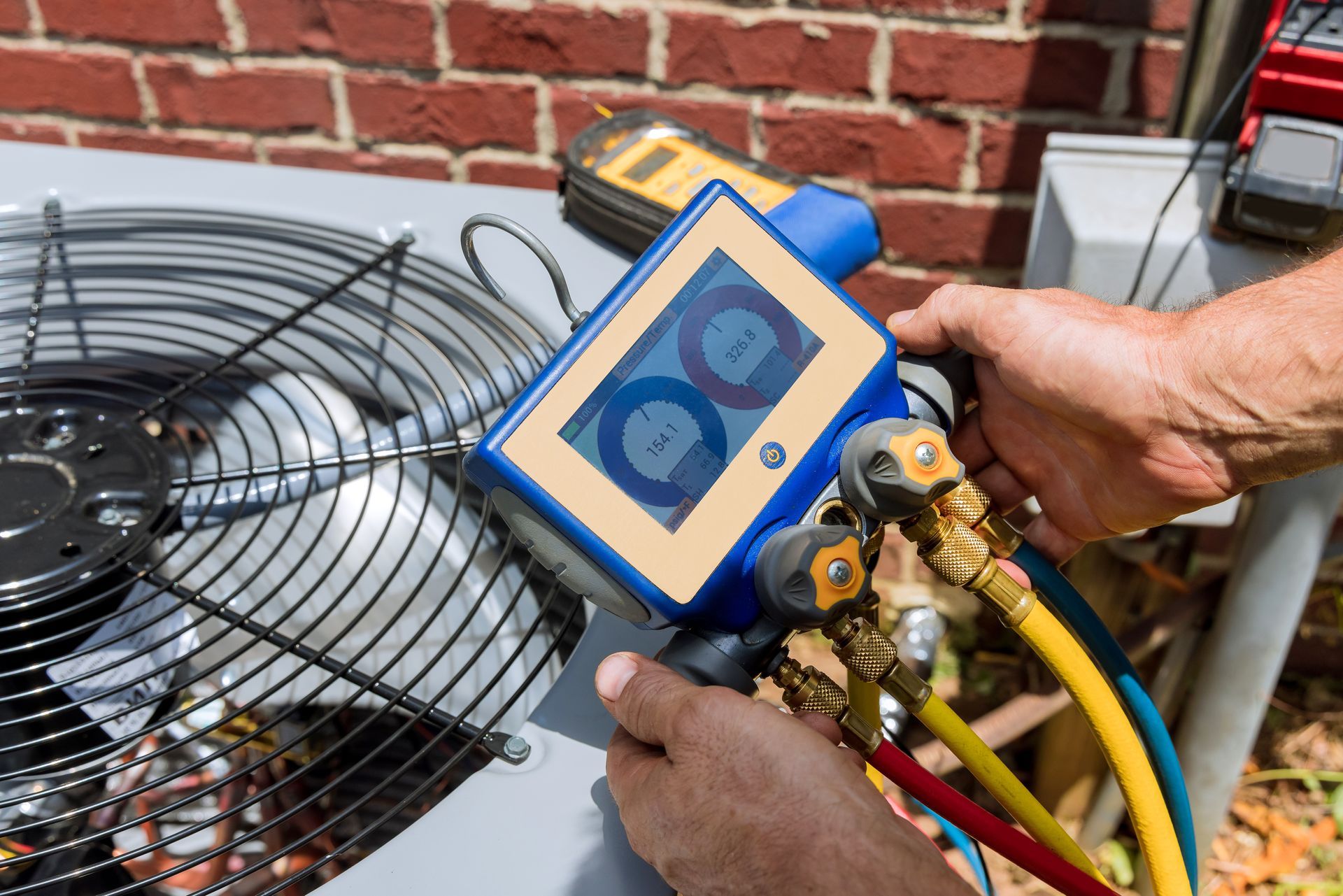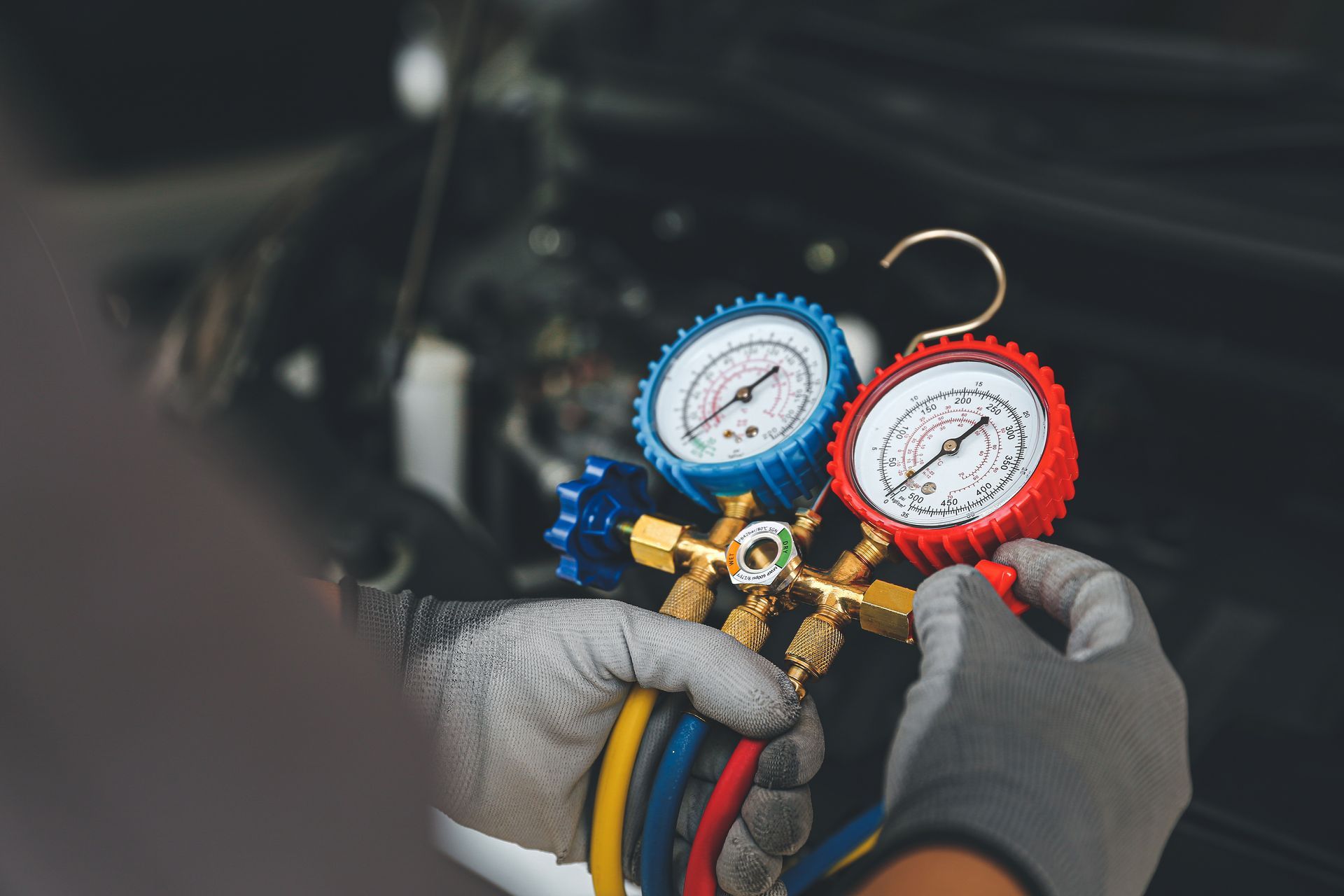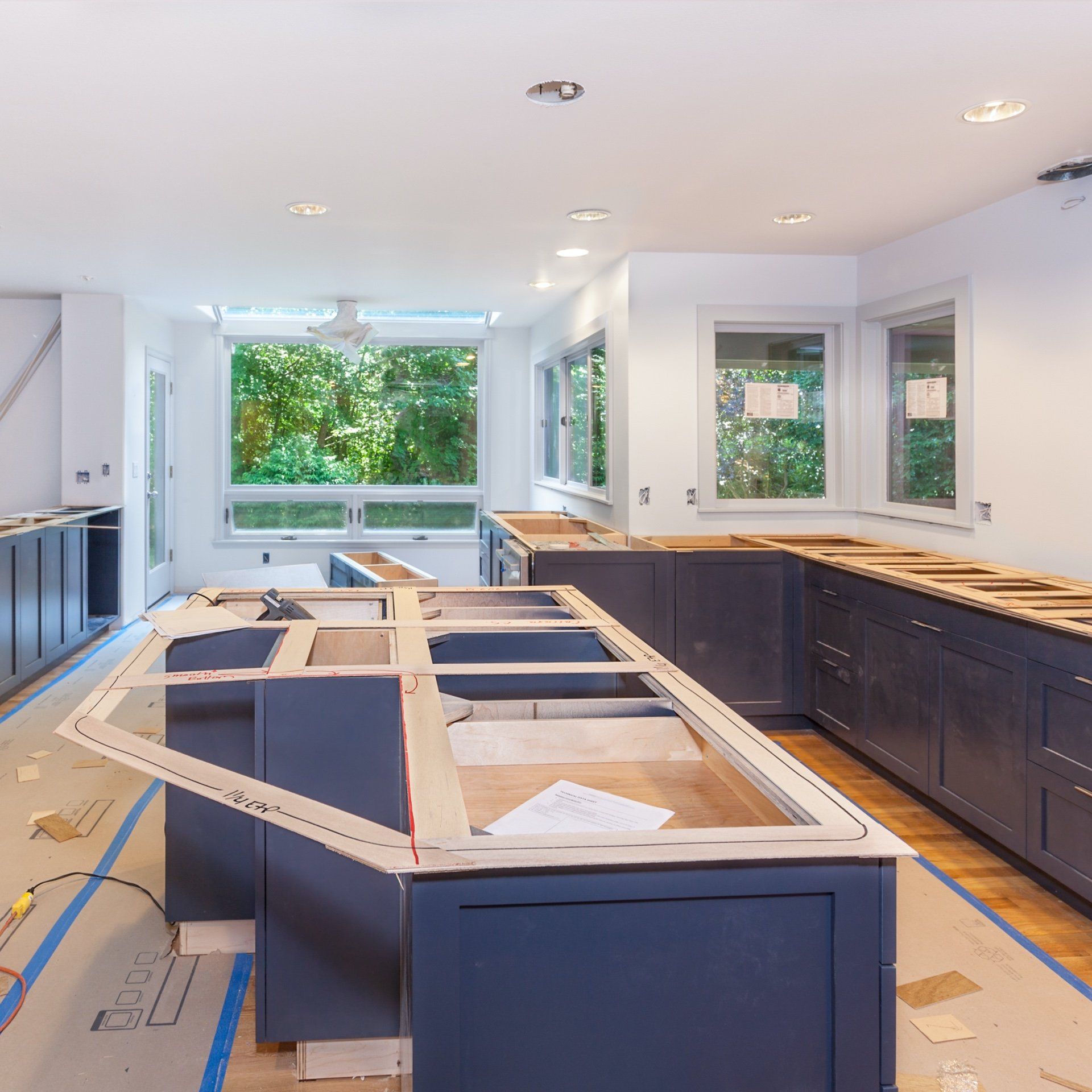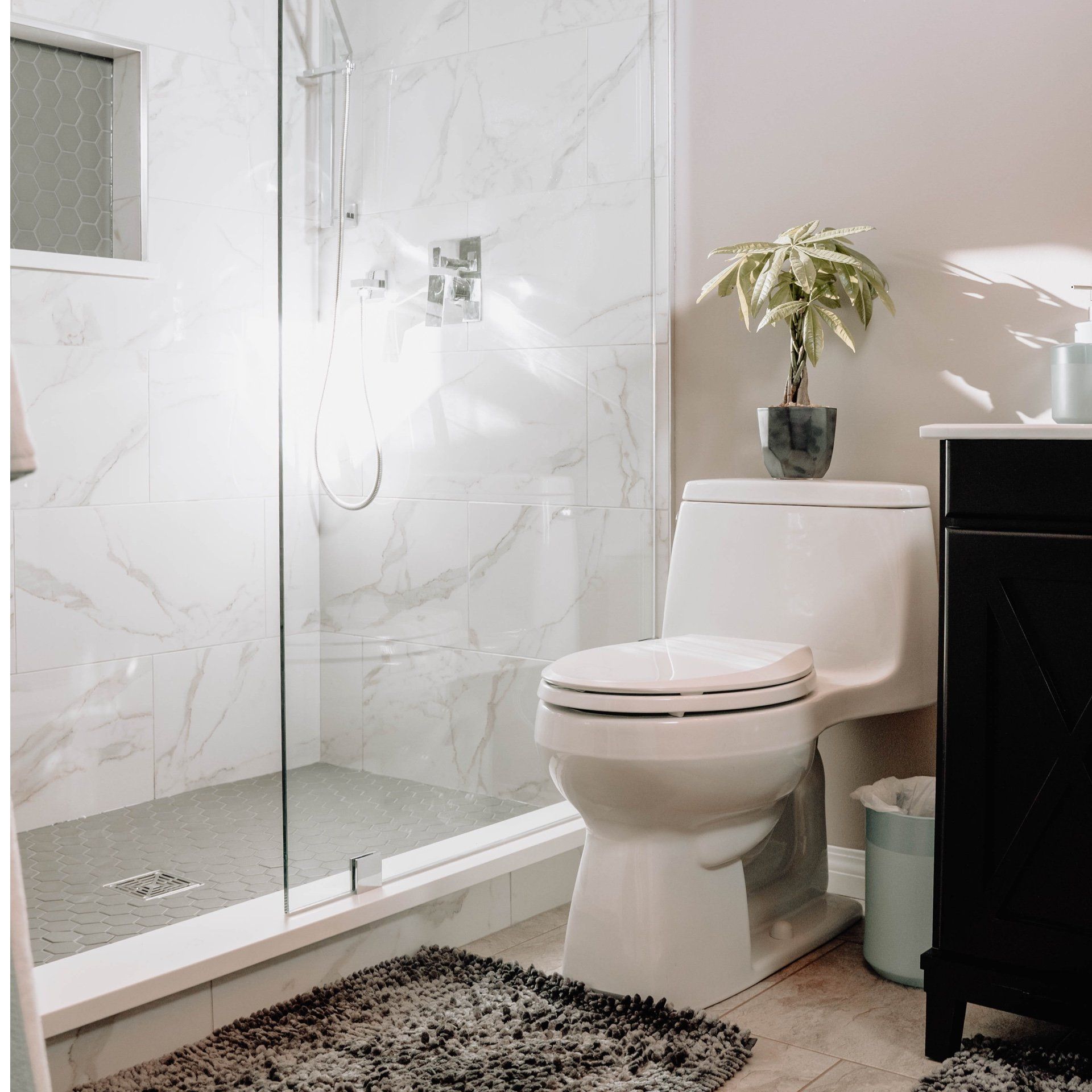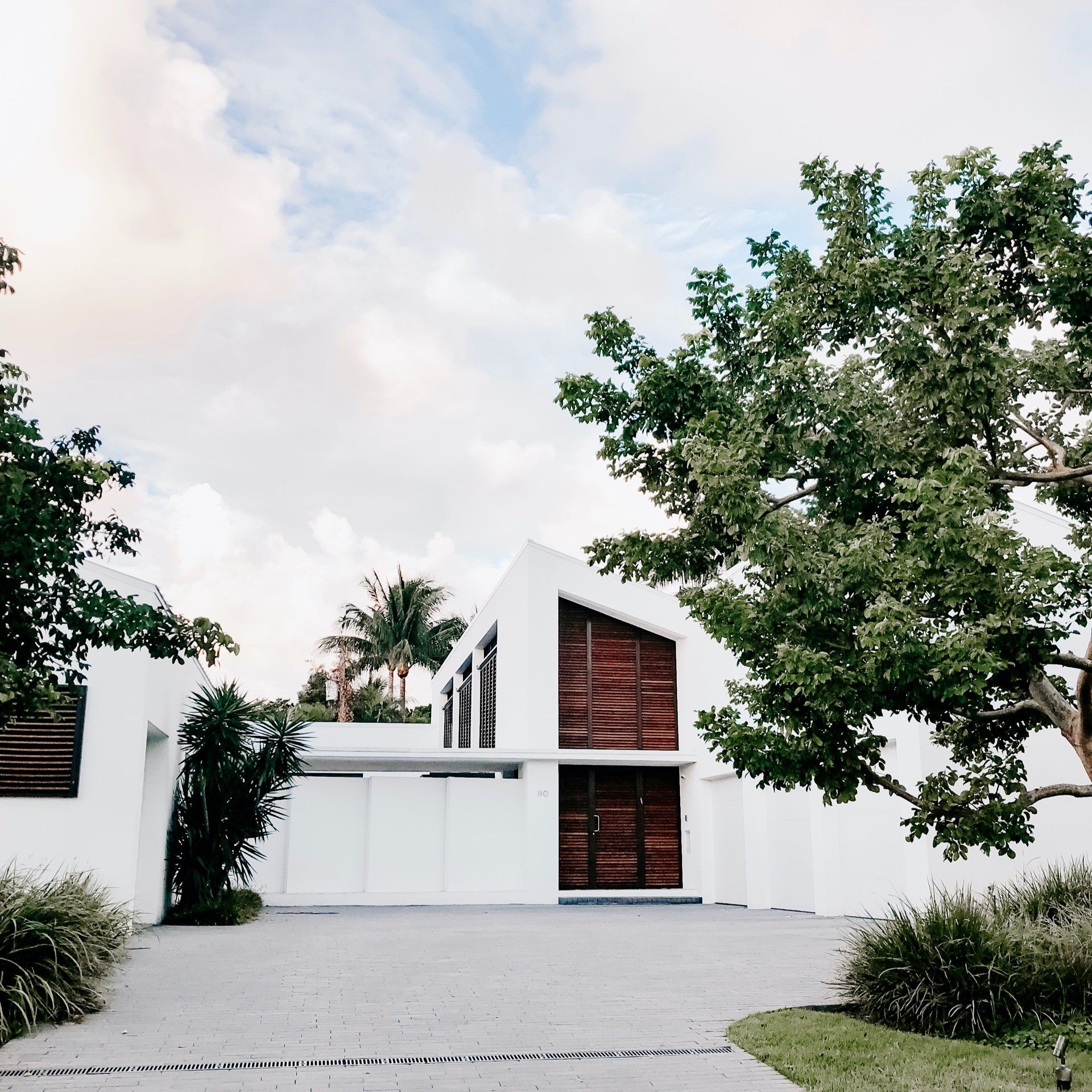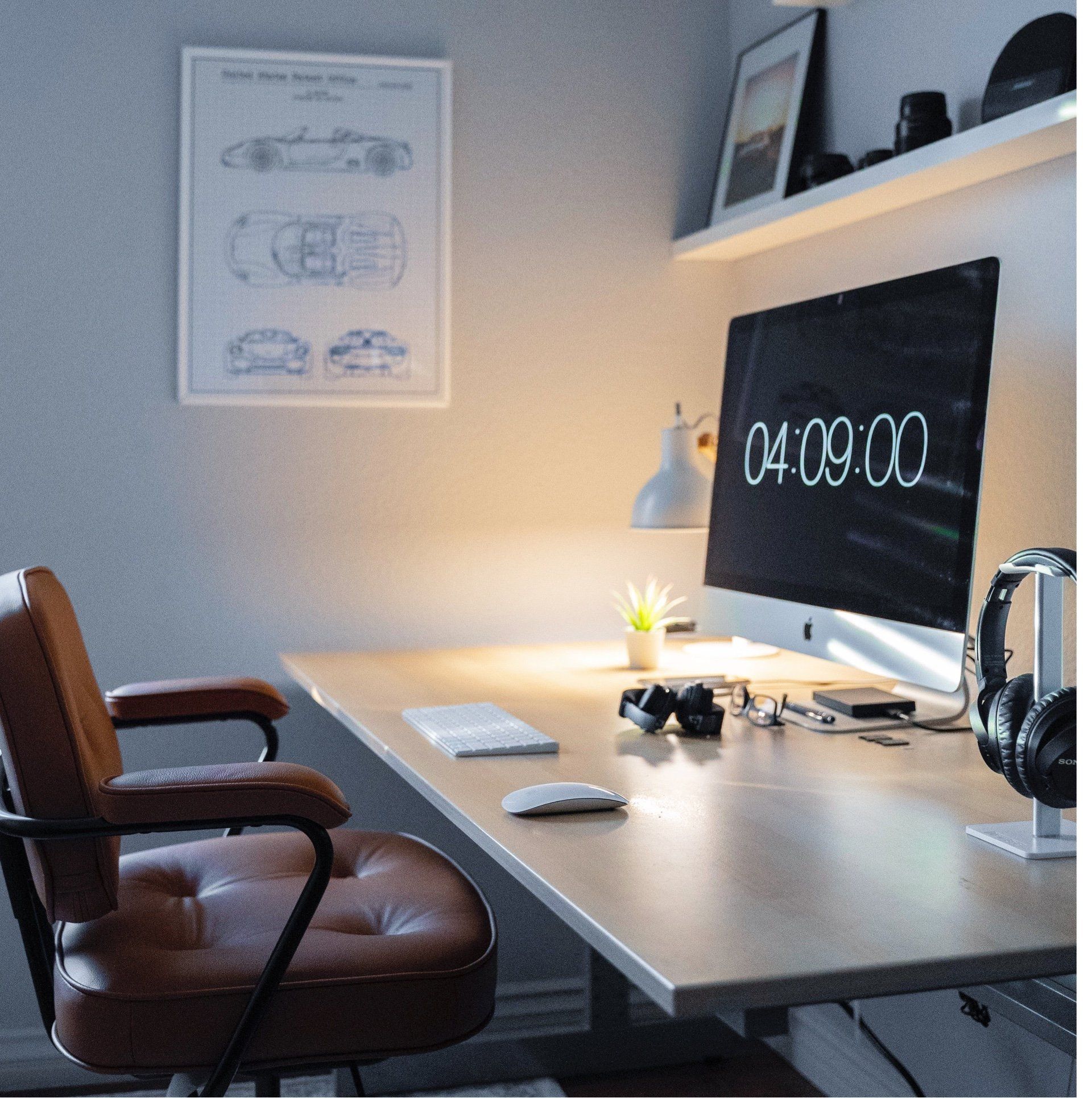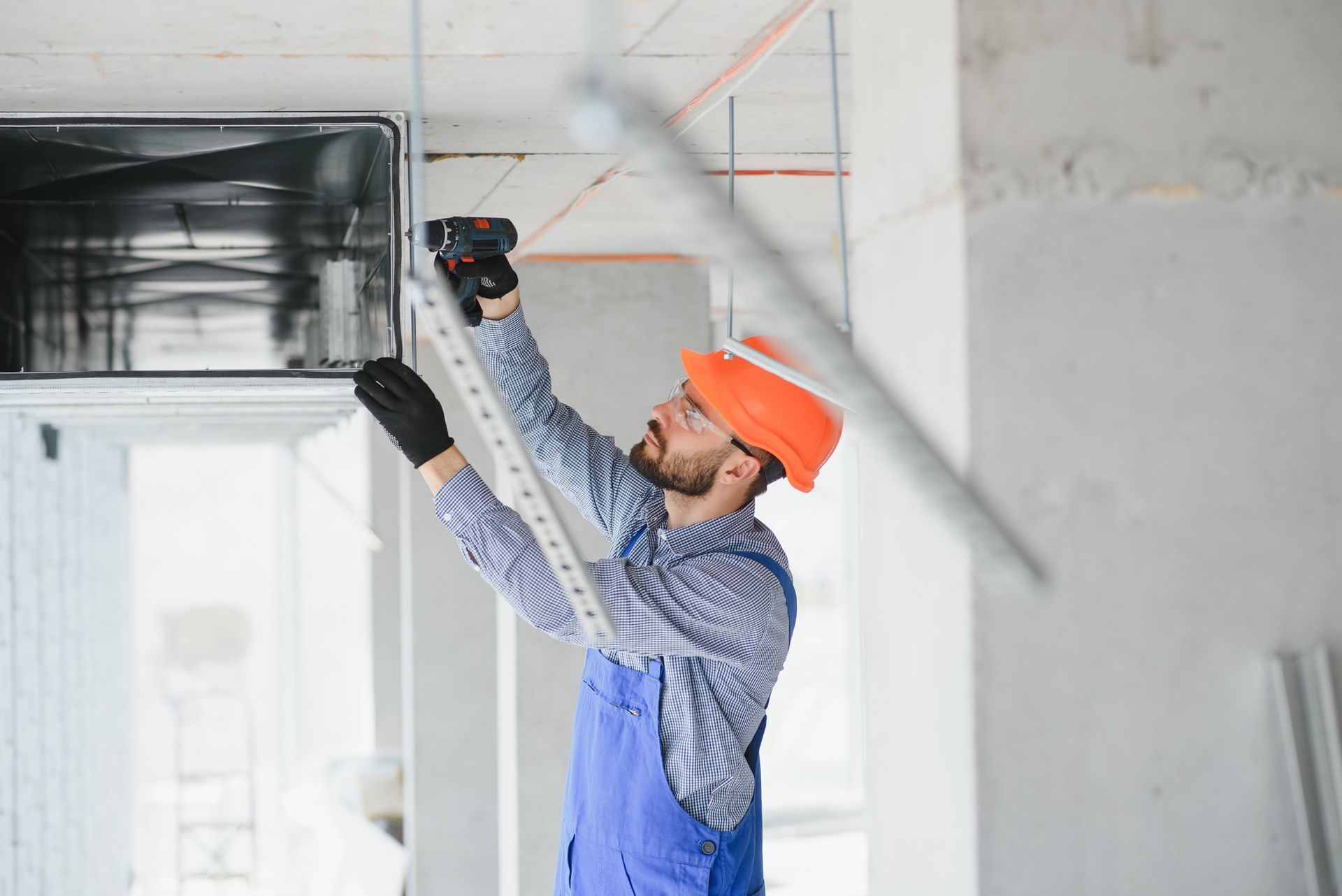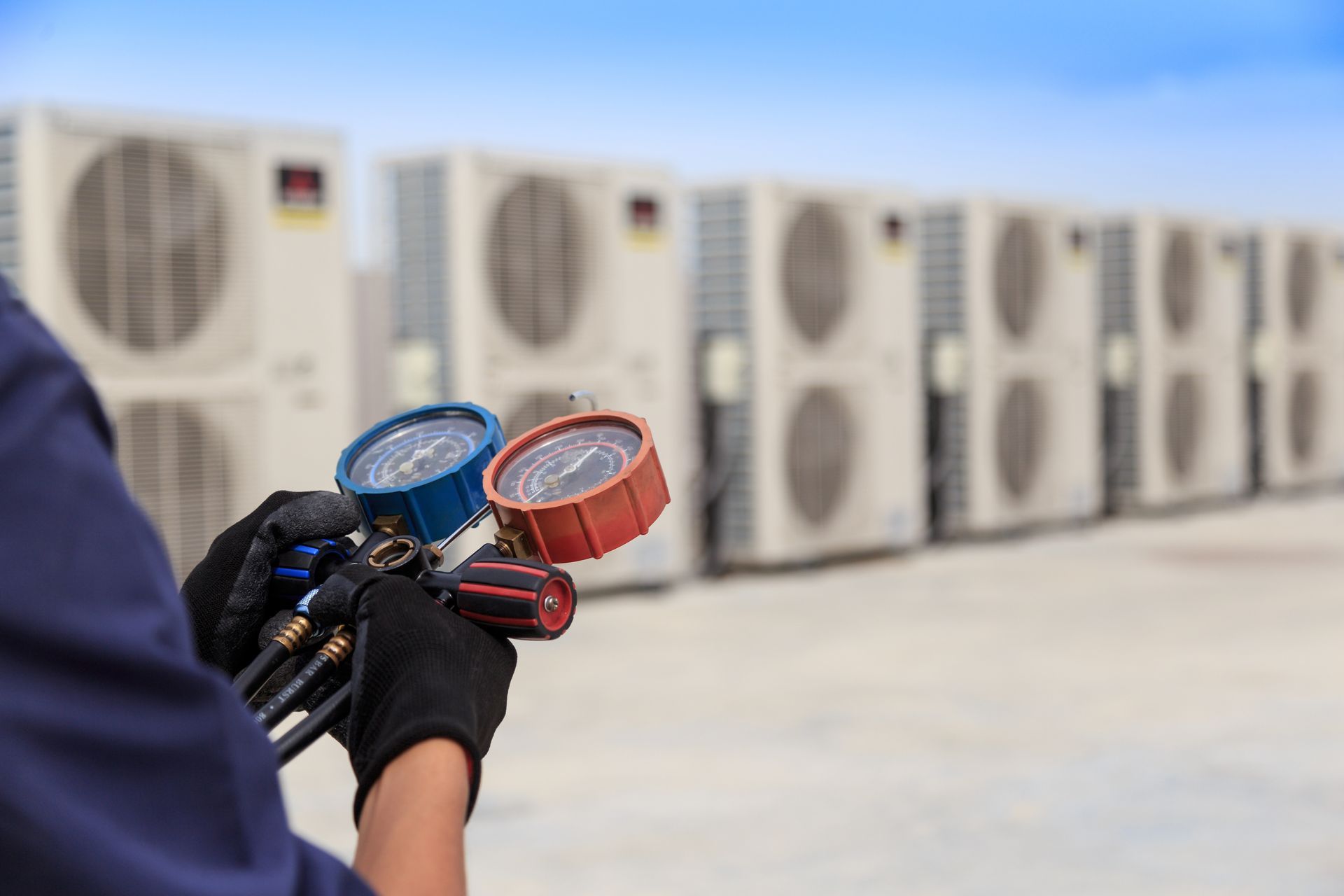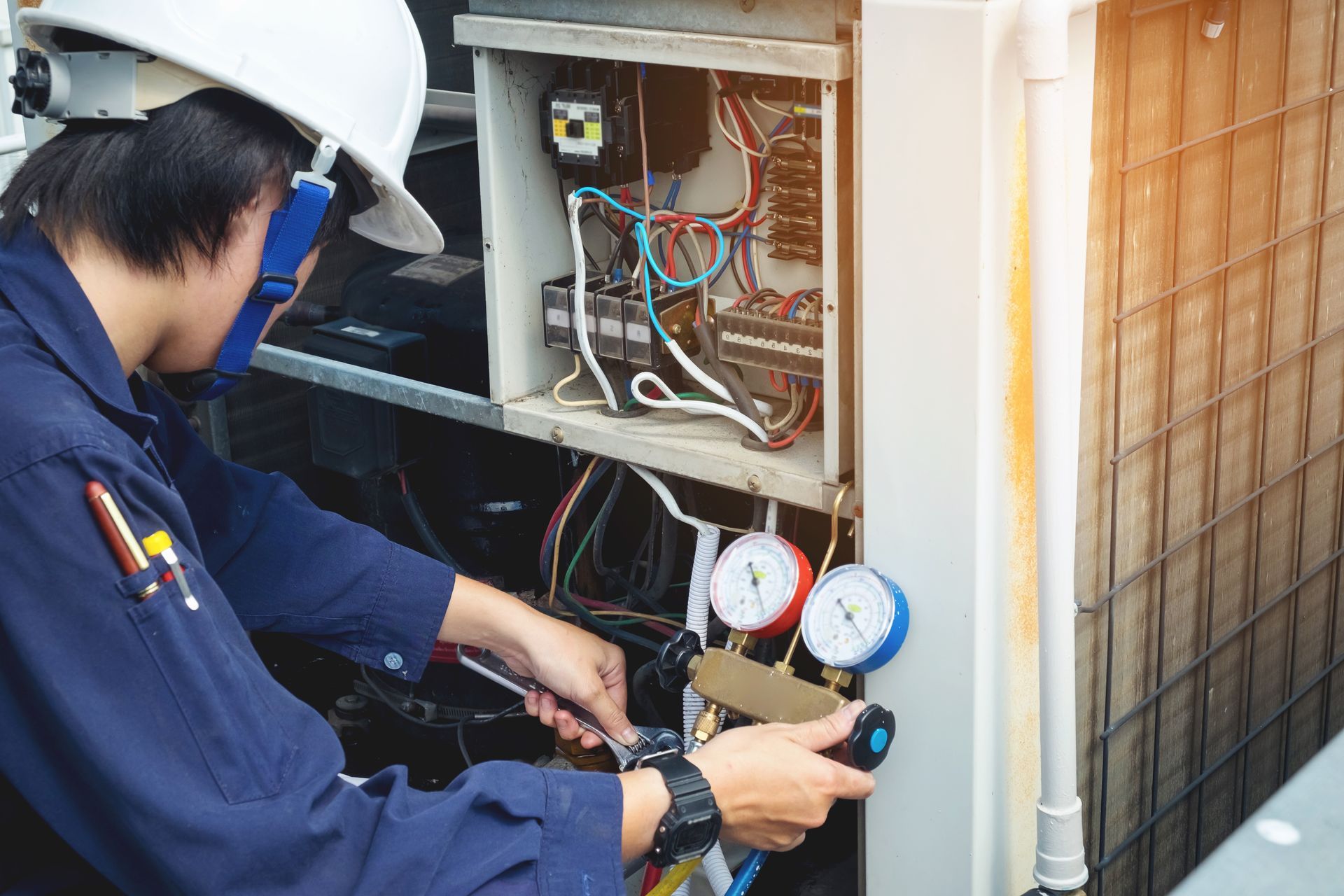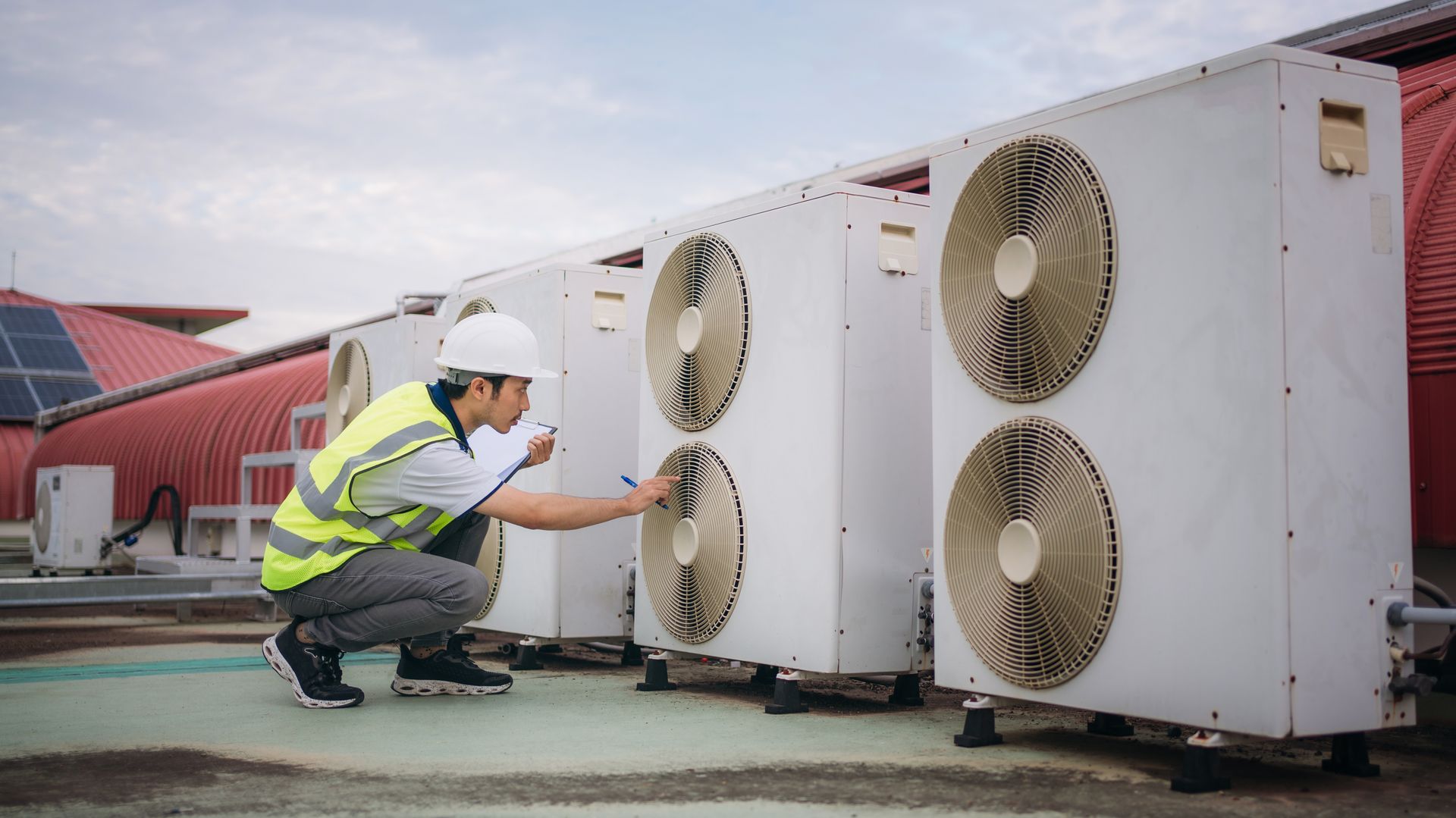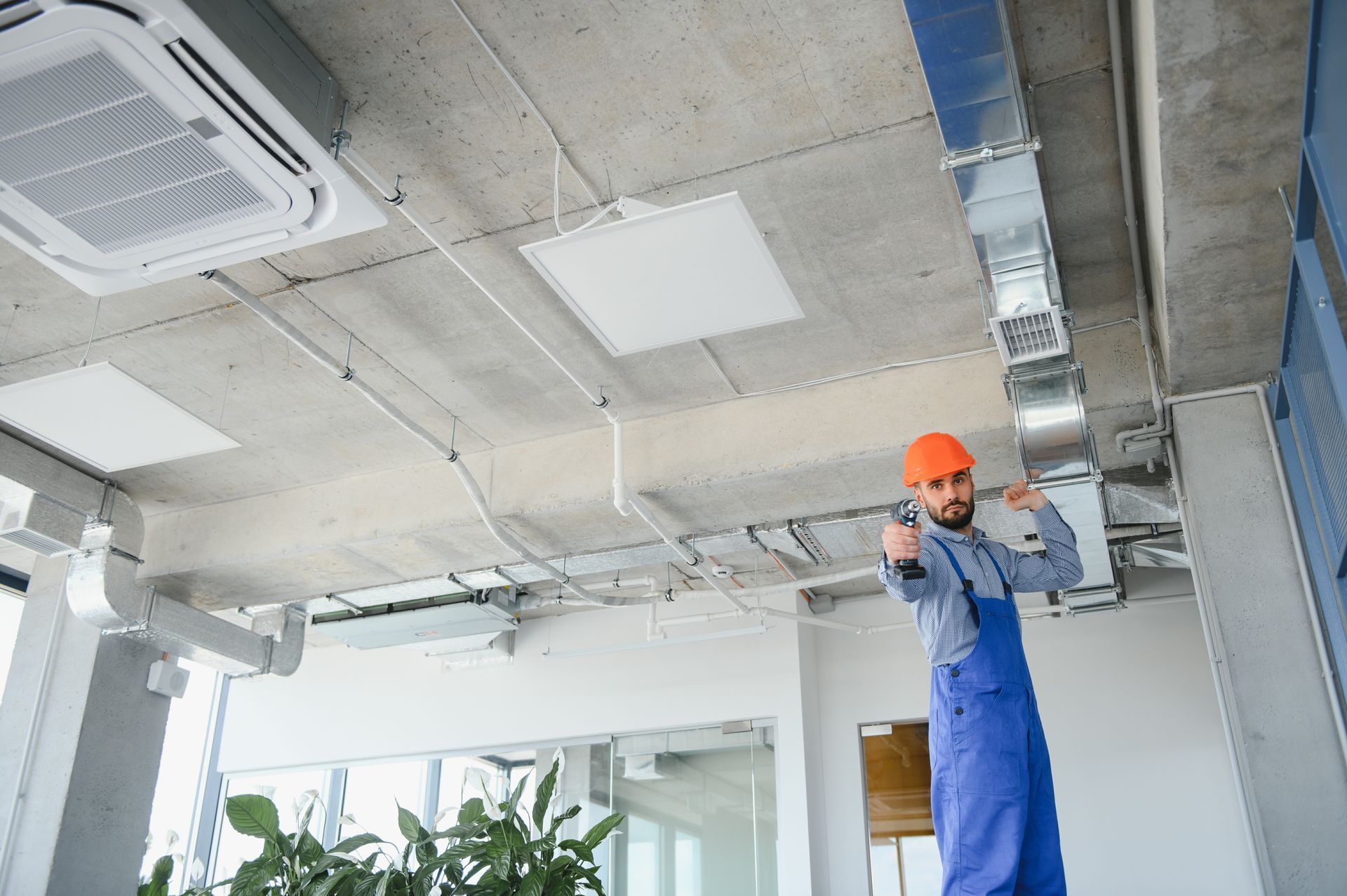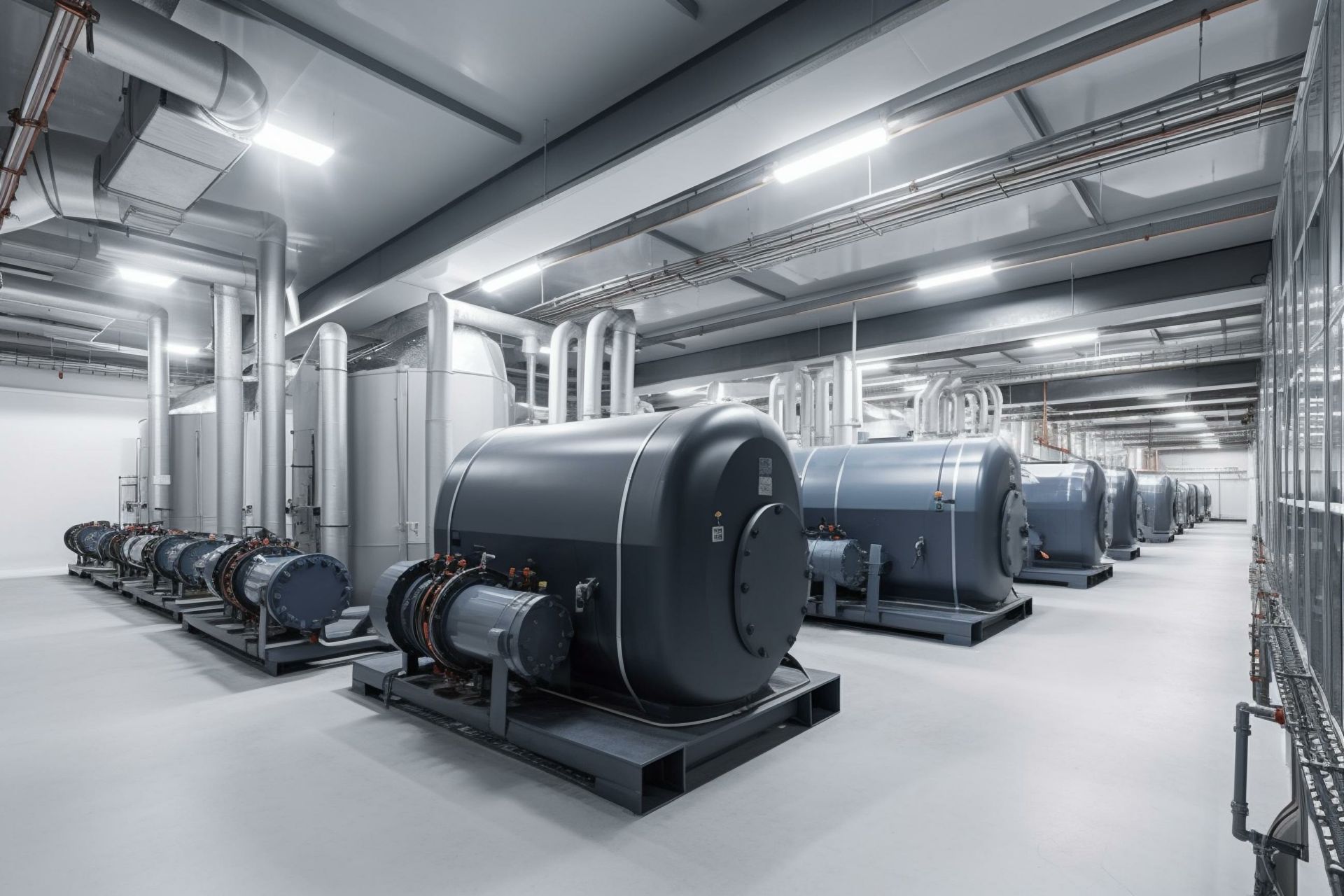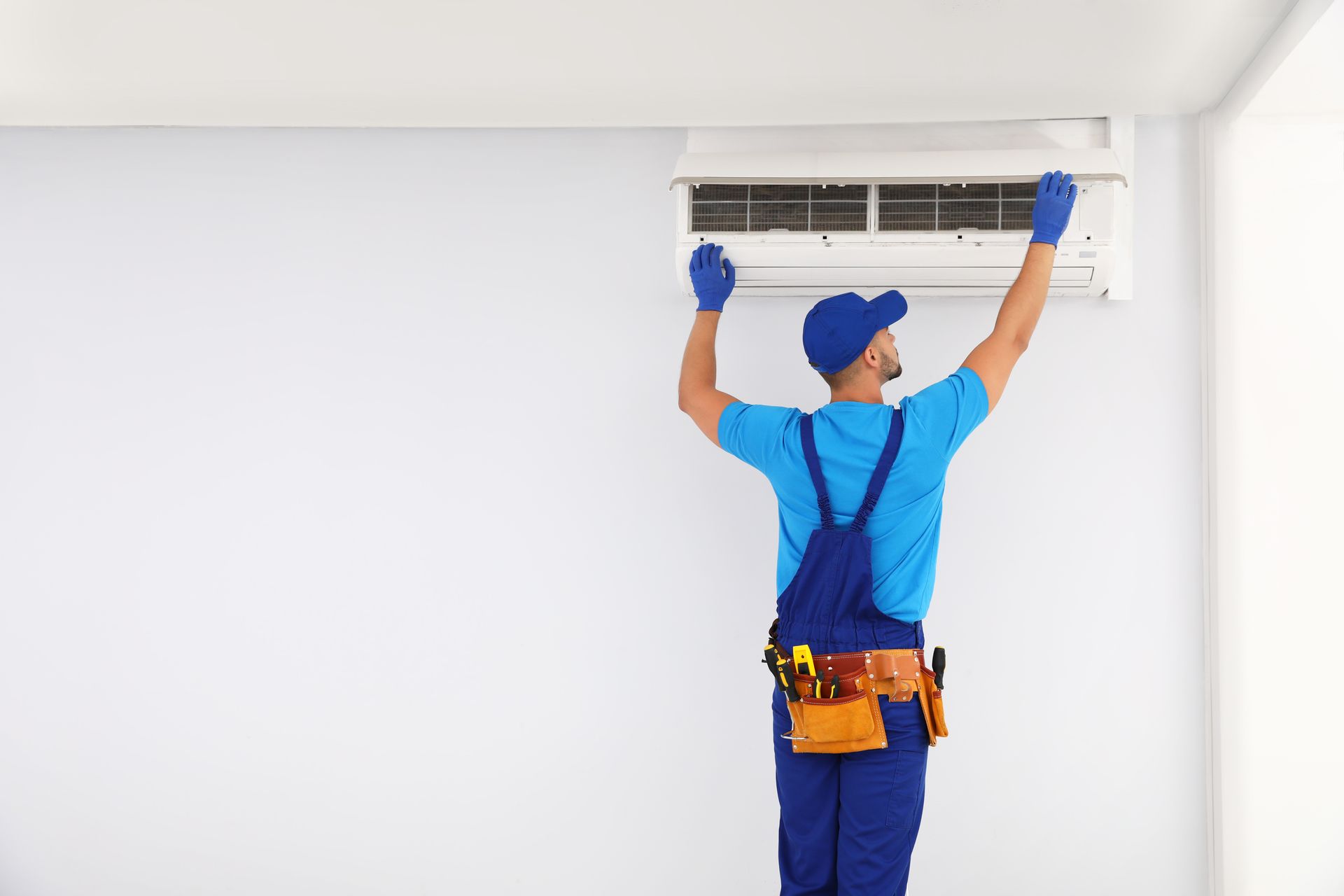Commercial vs. Residential HVAC Systems: Understanding the Key Differences
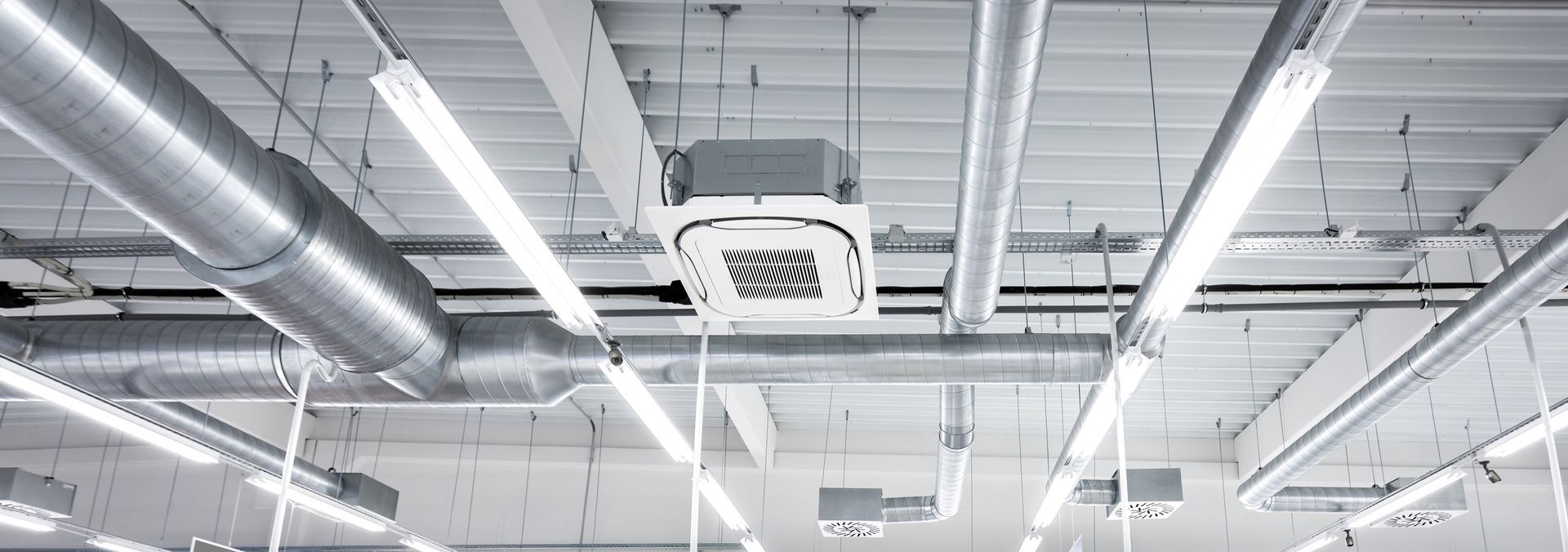
Navigating the HVAC Landscape: Commercial and Residential Systems
While both commercial and residential HVAC systems serve the same basic function of heating, cooling, and ventilating spaces, the methods and technologies used in each differ significantly. Understanding these differences is key to ensuring that you choose the right system for your needs, whether it's for a home or a business.
Size and Complexity: The Scale of Commercial HVAC Systems
One of the most noticeable differences between commercial and residential HVAC systems is their size. Commercial systems are typically much larger, due to the size and complexity of the buildings they serve. A commercial system may need to accommodate different temperatures in different areas of a building, which requires a more sophisticated setup with zoning capabilities.
Residential HVAC systems, on the other hand, are generally smaller and less complex. They usually serve a single home with more uniform temperature needs throughout.
Location and Structure: Placement and Design Variations
Commercial HVAC units are often housed on the roof of the building to save space, minimize noise, and allow for easier maintenance and expansion. These units are typically packaged systems, meaning all components are housed together.
Residential HVAC systems, in contrast, usually consist of split systems with the indoor unit housed separately from the outdoor unit. The indoor unit is typically found in a basement or a utility closet, while the outdoor unit is placed beside or behind the home.
Maintenance and Repair: Commercial and Residential Needs
Commercial HVAC systems require more frequent maintenance due to their size and complexity. They often have customizable maintenance contracts due to their operational importance for businesses.
Residential HVAC systems, while also requiring regular maintenance, generally have simpler service needs and are less likely to require a customized maintenance contract.
Professional Assistance: A Must-Have for HVAC Systems
Whether commercial or residential, HVAC systems require professional expertise for installation, repair, and maintenance. Professionals have the knowledge to handle the complex task of ensuring that these systems function optimally, leading to increased efficiency, longevity, and cost savings.
Commercial systems, due to their scale and complexity, present unique challenges that can be best addressed by a seasoned HVAC technician. Similarly, while residential systems may be smaller, they too require professional knowledge and skills for optimal operation.
The Dangers of DIY: Risks and Pitfalls
While it might be tempting to try and handle HVAC issues on your own, it can often lead to more harm than good. Without the right skills and tools, you risk causing further damage, incurring higher costs, and even jeopardizing safety. This is particularly true for commercial systems, which are significantly more complex.
The difference in scale, complexity, and operational requirements between commercial and residential HVAC systems underscores the importance of professional expertise in ensuring their efficient and effective operation.
Know the Difference: Choose the Right HVAC System
Understanding the key differences between commercial and residential HVAC systems is essential when it comes to making an informed choice for your heating and cooling needs. Whether you're operating a business or maintaining a home, it's crucial to select a system that suits your specific needs and the demands of your space.
When you're ready to install, upgrade, or service your HVAC system, professional assistance isn't just a luxury—it's a necessity. Our team of trained HVAC experts is ready to guide you through the process. Visit our "Contact" page to schedule a consultation or request a service. Your comfort, efficiency, and peace of mind are our priority.
